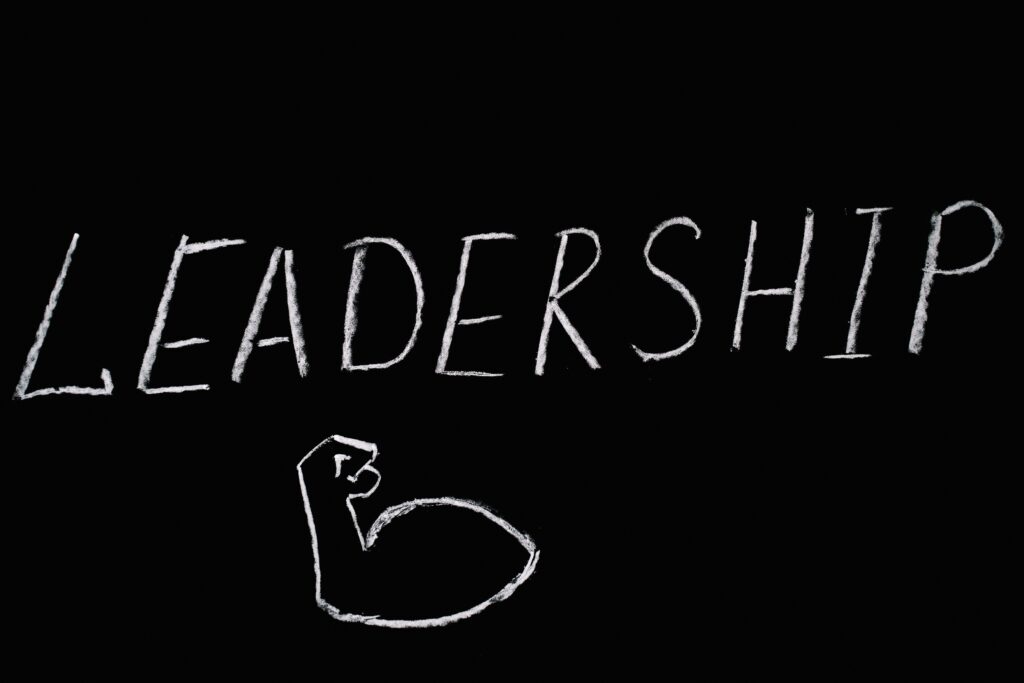2-year diploma program
2-year diploma program
Our 2-year diploma programs consist of 4 levels of knowledge.
- 1st level is English skills. This is to enhance student language skills in reading and writing. This consists of 3 courses (12 cr. hrs.)
- 2nd level is basic knowledge. This is broad knowledge all students need before graduation. This consists of 3 courses (12 cr. hrs.)
- 3rd level is major knowledge. This is major knowledge in the area of student study. This consists of 4 courses (16 cr. hrs.)
- 4th level is minor knowledge. This is specialized knowledge in a specialized area of study. This consists of 4 courses (16 cr. hrs.)
5 more courses required, and they are provided as follows:
- 4 elective courses (16 cr. hrs.)
- 1 externship (4 cr. hrs.)
- 1 graduation project (4 cr. hrs.)
The program has total 80 cr. hrs. in quarter system. Currently we have 4 different minor specializations. These are: (1) Accounting; (2) Executive secretary; (3) Human relation management; and (4) Sales and marketing. Table 4 shows program plan and course title. Benefits of this system is:
- Segregation of level of knowledge.
- Student will concentrate on one level of knowledge at a time.
- Students can organize their class schedule easily.
Check our available programs: www.garyii.com/academic/business
Minor Speciality

- Accounting
- Executive secretary
- Human relation management
- Sales and marketing
Program Plan
1st quarter
Students improve English pronunciation, speaking, listening abilities. They will also develop vocabulary knowledge, use correct verb tenses, learn to have a conversation, and use idioms and expressions. This is done through small group conversations, presentations, listening activities, pre-recorded video
English language is a global recognized language. Students learn vocabulary, basic reading, writing, communication skills, grammar, punctuation, and citing sources. This is done through online lecture classes, group discussions, workshops, audios, videos, and non-curriculum activities
Forms and functions of technical documents. Produce technical documents such as instructional, informational, description, reports, and manuals. Determine document style, layout, vocabulary, sentence, paragraph structure, and visuals. Analyzing writing contexts and producing effective, clean, and audience-oriented documents
2nd quarter
Effective communication is essential to successful business. It affects our ideas, decisions, and success in our lives. Students learn professional, communication, and critical thinking skills. This course combines theory with practice allowing students to apply their knowledge in real world.
Students learn word processing, spreadsheets, databases, memos, presentation, graphics, spreadsheets, excel and Google Sheets, and using the internet in business environment
Groups, basic algebra, factorization and fractions, equations, matrices and determinants, sequences, functions, and straight-line equations
3rd quarter
Students learn preparation of financial and managerial reports, and to make investment decision. Other topics include revenues, expenses, assets, liabilities, balance sheet, accounting debits and credits record transactions
Students learn about forms of business organizations, business administration, management, leadership, ethics, logistics, marketing, finance, accounting, and behaviors
Students learn leadership, entrepreneurial, and management skills to influence, motivate, and show recognition to your employees. This includes portfolio preparation, verbal presentation, documenting achievements, generating work, identifying expertise, marketplace positioning, developing business plan, promoting professional practice, registrations of interest, and competition briefs
Students learn how individual and work group behave. Topics include communication, motivation, stress, conflict, rewarding behavior, job design, organizational structure, decision making, change power and politics
Free Electives
This course is designed for non-Arab speakers. Students learn pronunciation, vocabulary building, reading, writing, and grammar
This course designed for student with little to no knowledge of Islam. Students learn about Islamic monotheism belief, prophet Mohammed (pbuh), Islamic history, pillars of Islam, religious practice, rituals, and how it affects our social and cultural modern lives
Students learn the biography of prophet Mohammed (PBUH). This includes Arabs before his birth, his childhood, youth, prophecy, Makkah preaching, Madinah preaching, and his relation to other prophets
Students learn American Sign Language including basic receptive and expressive sign skills and vocabulary for beginner. This Includes alphabet, numbers, linguistic, grammatical principles, facial markers, and body movement. This also includes education of deaf children, ASL stories, songs, poetry, culture, and community
Students learn basic psychology, mental processes, behavior, mind/body relationship, and self/other relationship
Social science affects our lives in many aspects. This course is designed for non-humanity majors. Students learn about human behavior, culture, socialization, race, ethnicity, social changes, and collective behavior
Minor: Accounting
Students learn financial statements and analysis, bonds, stock market, derivative, time value of money, basic asset valuation, risk and return, capital budgeting, and financing decisions
Students learn accounting concepts, reporting techniques, and to analyze accounting data. They also learn managerial accounting including cost accounting, cost behavior, budgeting, differential analysis, and responsibility. They also learn reporting techniques such as spreadsheet and graphical presentation
Depends on course selected
Students learn accounting principles, procedures, and financial statements. This includes financial reporting, current assets, inventory, property, plant, and equipment, and intangible assets
Students learn auditing principles, importance, planning, procedures, ethical responsibilities, audit programs and international financial Reporting Standards
Depends on course selected

Minor: Executive Secretarial
Students learn secretarial duties, customer service, answering letters, phone calls, emails, faxes, computer skills, scanning documents, filing systems, information confidentiality, organizing meetings, taking messages, prioritizing workloads, travel arrangements, outgoing memos, incoming posts, and organize busy schedules
Students learn theory and practice, history, communications, program management, strategic planning, media, professional writing, strategic thinking, planning, organization, and crisis management
Depends on course selected
Students learn prewriting, note taking, drafting, revising, editing, summarizing, design documents, logical argument, formal writing, oral presentations, technical reports, and recommendations
Students learn word processing basics, create documents, editing, formatting, saving, and printing. Students also learn software features, keyboarding, and business documents styles
Depends on course selected

Minor: HR Management
Students learn history of HR management, key HRM concepts, employee relations, recruitment & selection, compensation, performance evaluation, and training & development
Students learn about law and technical systems. This includes laws, regulations, government agencies, job classifications, background checks, contracts, references, hiring and firing. It also includes technology in administration such as software, hardware, payroll, workforce, performance, benefits, web-based tools, and technological applications
Depends on course selected
Students learn HR planning processes, policies and procedures, job analysis, supply and demand, succession management, deployment, retention, staffing, recruitment, screening, testing, interviews, references, contracts, evaluation, hiring, downsizing, restructuring, mergers, and acquisitions
Students learn planning processes, training systems, assessment needs, task analysis, development programs, evaluating training programs, and career development
Depends on course selected

Minor: Sales and Marketing
Students learn Principles and theories of marketing. This includes customer orientation, strategic planning, market evaluation, targeting markets, buyer behavior, market information, products, services, pricing, distribution, and promotion
Students learn to analyze, design, and evaluate promotion decisions. This includes fundamental marketing, communication decisions, brief writing, copy writing. It also includes communication, media, and digital strategies.
Depends on course selected
Students learn E-marketing history, theories, methodologies, strategy development, e-business, and online market research. This includes internet, mobile, email, social media, and viral marketing. It also includes Search engines, website optimization, and applications for marketing.
Students learn history of modern sales, process, skills, methodologies, and ethics. They also learn negotiation, writing proposals, customer relationships, and time management. Students will be assigned to a real-life professional selling project
Depends on course selected

6th quarter: Graduation
Depends on course selected
Depends on course selected
Students will work in a business corporation or organization related to minor specialization under the supervision of the instructor and a member of the host organization. The length of the program is 8 weeks, 6 hours a week. Students are required to apply academic knowledge, participate in work activities, and write a final report after at the end of the program
This is a capstone graduation project. Student will conduct work and research that covers most concepts in his specialized minor. Student will write a final report that include his work, methodology, finding, and results
